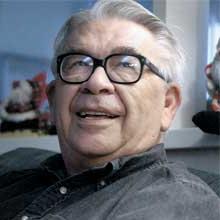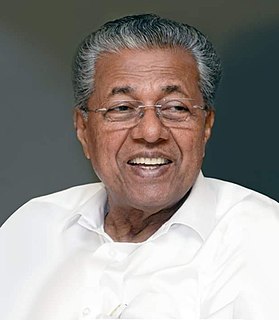A Quote by Phil Zuckerman
My own ongoing research among secular Americans-as well as that of a handful of other social scientists who have only recently turned their gaze on secular culture-confirms that nonreligious family life is replete with its own sustaining moral values and enriching ethical precepts.
Related Quotes
In contemporary society secular humanism has been singled out by critics and proponents alike as a position sharply distinguishable from any religious formulation. Religious fundamentalists in the United States have waged a campaign against secular humanism, claiming that it is a rival "religion" and seeking to root it out from American public life. Secular humanism is avowedly non-religious. It is a eupraxsophy (good practical wisdom), which draws its basic principles and ethical values from science, ethics, and philosophy.
We need to find secular ways to cultivate warm-heartedness. We need secular ways to educate ourselves about inner values. The source of a happy life is within us. Trouble makers in many parts of the world are often quite well educated, so it is not just education that we need. We need to pay attention to inner values.
A comprehensive doctrine, either religious or secular, aspires to cover all of life. I mean, if it's a religious doctrine, it talks about our relation to God and the universe; it has an ordering of all the virtues, not only political virtues but moral virtues as well, including the virtues of private life, and the rest. Now we may feel philosophically that it doesn't really cover everything, but it aims to cover everything, and a secular doctrine does also.
I'm not against religion in the sense that I feel I can't tolerate it, but I think written into the rubric of religion is the certainty of its own truth. And since there are 6,000 religions currently on the face of the earth, they can't all be right. And only the secular spirit can guarantee those freedoms and it's the secular spirit that they contest.
We need to employ a secular approach to ethics, secular in the Indian sense of respecting all religious traditions and even the views of non-believers in an unbiased way. Secular ethics rooted in scientific findings, common experience and common sense can easily be introduced into the secular education system. If we can do that there is a real prospect of making this 21st century an era of peace and compassion.
India was secular even when Muslims hadn't come here and Christians hadn't set foot on this soil. It is not as if India became secular after they came. They came with their own modes of worship, and they, too, were given a place of honor and respect. They had the freedom to worship God as per their wish and inclination.
In the biblical worldview, the purpose of all creation is to benefit man. This anthropocentric view of nature, and indeed of the whole universe, is completely at odds with the current secular idealization of nature. This secular view posits that nature has its own intrinsic meaning and purpose, independent of man.

































